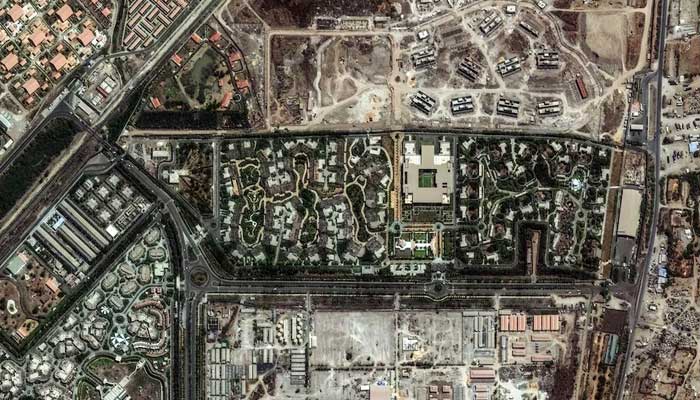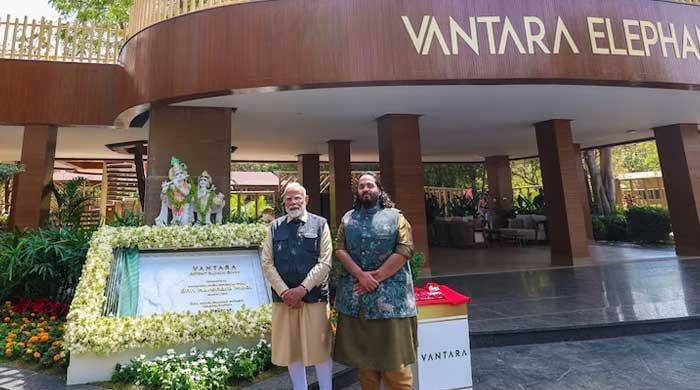NEW DELHI: India has urged the United Nations wildlife trade body not to restrict its imports of endangered species, saying it has stepped up monitoring amid growing allegations of irregular shipments of animals to a large private zoo run by Asia’s richest family.
Vantara, a 3,500-acre zoo in Gujarat state run by the philanthropic arm of a conglomerate run by billionaire Mukesh Ambani and his family, has faced allegations of inappropriate imports of some animals, triggering stricter scrutiny from German authorities and the European Union. Reuters reported.
Indian investigators charged by the country’s Supreme Court with looking into allegations by nonprofit and conservation groups cleared the sanctuary of any wrongdoing in September, and Vantara said it complied with all regulations.

However, after visiting the facility in September, the Secretariat of the Convention on International Trade in Endangered Species of Wild Fauna and Flora (Cites) released a report last week asking India to review its procedures.
The report notes discrepancies between trade data from exporters and importers and highlights insufficient controls on the origin of certain animals.
In a communication to Cites dated November 10, India said any restrictive or punitive measures at this stage would lack legal basis and risk disrupting the Cites framework, calling the measure “premature and disproportionate.”
The wildlife agency’s request “would constitute a de facto suspension or moratorium on legal imports,” the government said.
The Indian submission, published on the Cites website ahead of its convention meeting this month, is first reported by Reuters. This signals further wrangling over Vantara imports.
“Exceptionally high standards”
CITES is a global treaty that regulates trade in endangered plants and animals, or products derived from them, with the aim of ensuring their survival.
While Cites acknowledged last week that Vantara operates facilities that meet “exceptionally high standards,” it recommended that India suspend new import permits for endangered species until safeguards are strengthened.
The body warned that without stricter controls, animals from the wild could be misrepresented as being bred in captivity.

India countered that it “has strengthened inspection and reporting mechanisms for all recognized zoos and rescue facilities,” including Vantara. The government has also asked the Central Zoo Authority to ensure enhanced due diligence for all future acquisitions.
Cites and Vantara did not respond to a Reuters request for comments on the Indian government’s submission on Wednesday.
Vantara – home to 2,000 species
Vantara claims it is home to some 2,000 species. This includes exotic species imported from South Africa, Venezuela and the Democratic Republic of Congo, including snakes, turtles, tigers, cheetahs, giraffes and chimpanzees.
The shipments were recorded with a declared value of $9 million, which Vantara said reflected transportation and insurance costs, not any wildlife payments.
Last week’s Cites report noted that “a number of animals come from established commercial breeding operations, which would normally sell the animals they raise.”
India mounted its defense, saying in response that the SC panel’s findings showed that the imports were carried out in accordance with regulations.




